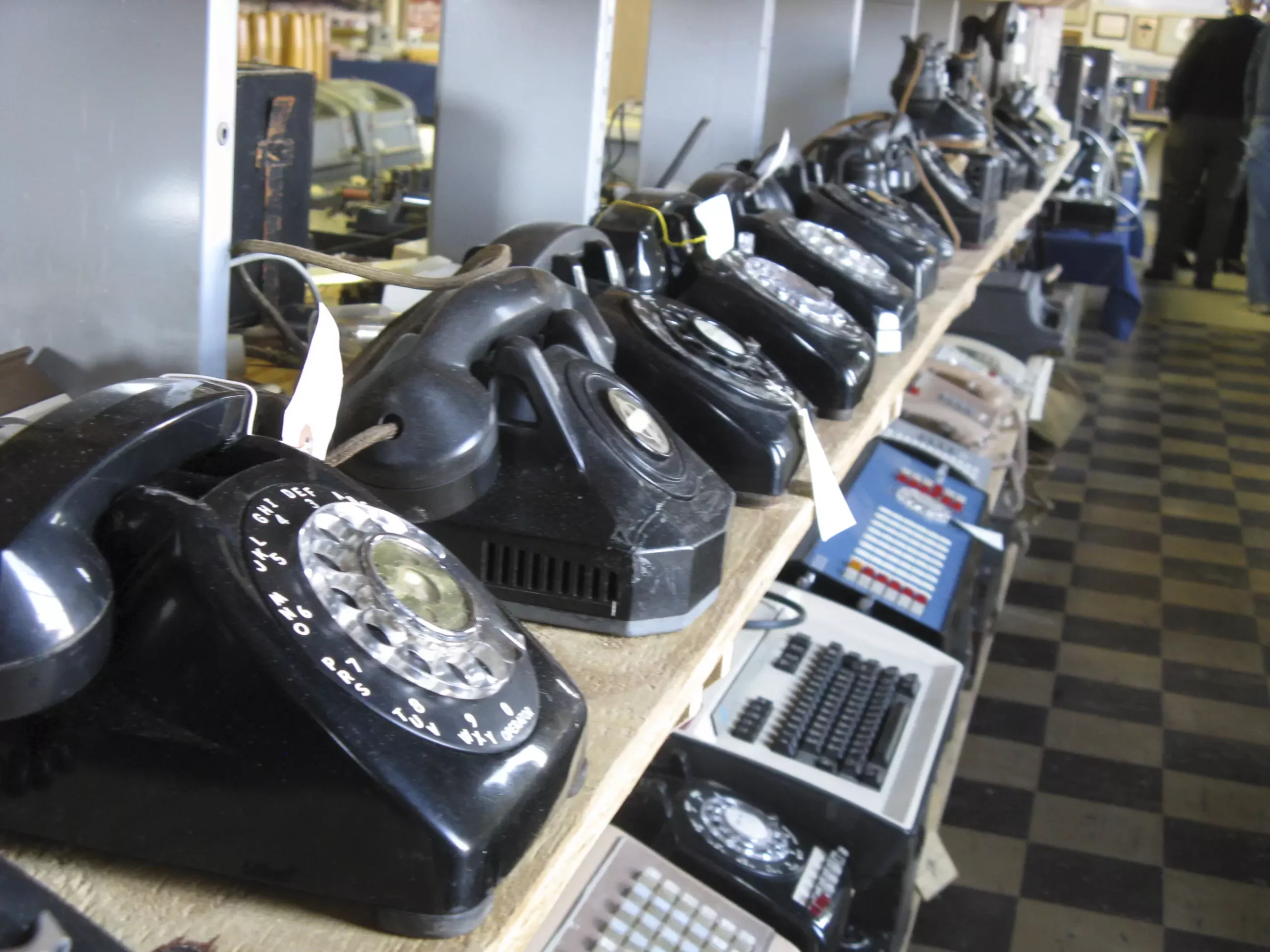In our increasingly digital age, the once ubiquitous landline phone has become an endangered species. Whereas in the past having a working landline was the norm, today it is more of a rarity. The National Center for Health Statistics estimates that in the United States in 2022, about 73 percent of American adults lived in households with only wireless phones and no landlines. This is a stark contrast to earlier times where nearly all households had landlines, and only a small percentage relied solely on cellphones.
Shift in Phone Usage
The shift away from landline phones can be attributed to the rise of smartphones and the widespread adoption of mobile technology. Michael Hodel, a stock analyst at Morningstar Research Services LLC, notes that twenty years ago, landline phone service was essential for phone companies. However, with the advent of broadband internet access and various ways to make voice calls through digital platforms, landlines have become obsolete for many.
Smartphone Revolution
The introduction of the smartphone, particularly Apple’s iPhone in 2007, marked a significant turning point in the way people interacted with their devices. These pocket-sized computers revolutionized communication, making voice calls just one small aspect of their capabilities. It was this shift towards mobile technology that paved the way for the decline of landline phones.
Brian Ott, a professor of communication and media, explains that the introduction of new technologies like smartphones influences how people use older technologies, such as landline phones. The rapid adoption of new technology often precedes a period of understanding the consequences. The recent AT&T network outage serves as a reminder of the potential pitfalls of relying solely on mobile phones in a world where landlines are no longer as prevalent.
While the outage was resolved quickly, it raised questions about what would happen in a more widespread event that disrupted cellphone service. Would people reconsider the importance of having a landline as a backup? Michael Hodel remains skeptical, suggesting that the convenience and reliability of mobile phones have largely satisfied people’s communication needs. The likelihood of individuals reinvesting in landline phones seems low unless faced with a dire situation.
Despite the decline of landline phones, there are still individuals who cling to them out of nostalgia or a sense of security. Rebecca Whittier from New Hampshire, for instance, prefers her landline due to her discomfort with newer technologies. Similarly, Mary Minshew of Maryland, while not actively using her landline, retains it as a precautionary measure. The rare occasions when the landline rings serve as a reminder of its existence in a world dominated by mobile communication.
As technology continues to advance, the role of landline phones will likely continue to diminish. While there may be occasional instances where having a landline proves beneficial, the convenience and flexibility of mobile phones have firmly entrenched them as the preferred communication device for the majority of the population. The nostalgia associated with landlines may persist, but ultimately, they are relics of a bygone era in the digital age.


Leave a Reply